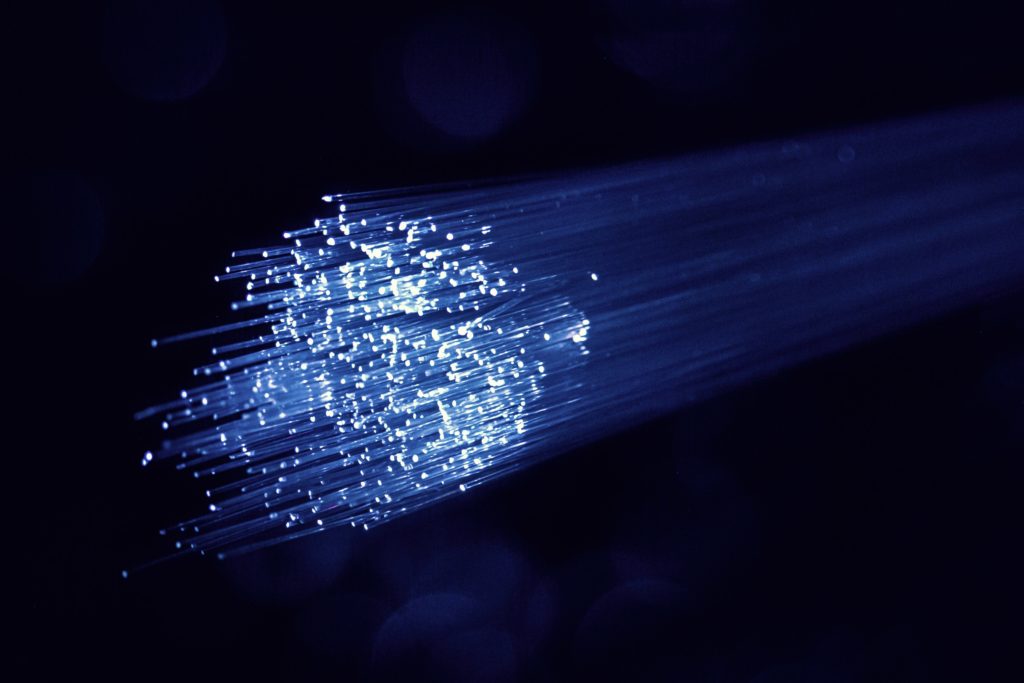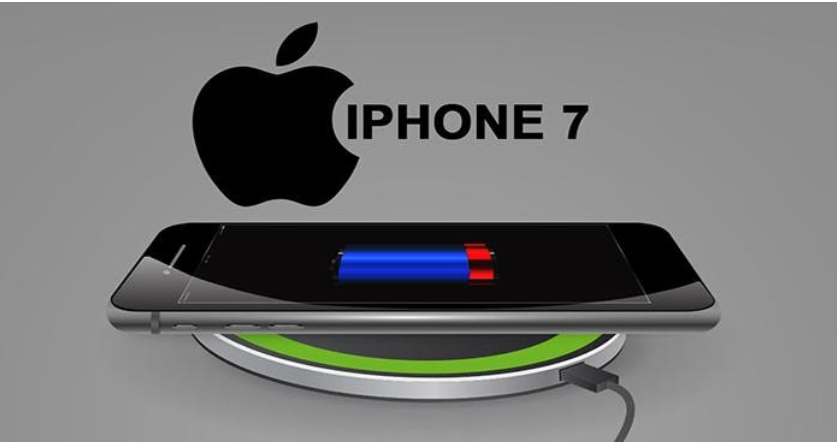You may not be familiar with LiFi, the lesser-known sibling of WiFi. A wireless communication technology, LiFi uses light to transfer data between devices. Let’s have a look at the comparison so that this concept can be better explained. While WiFi uses radio frequency to create voltage in the transmission antenna, LiFi uses light modulation. This fundamental aspect of its technology makes it more resilient and a better choice in areas susceptible to electromagnetic interference such as aircraft cabins or military infrastructure.
First launched by Harald Haas, Professor of Mobile Communications at the University of Edinburgh, the history of visible light communication traces its roots back to the 1880s, when Alexander Graham Bell invented the photophone. The revolutionary technology of LiFi will surely be used on a wider scale with time. Still, since you want to stay updated on the latest innovations, you should consider giving it a try sooner rather than later.
Faster and more stable
One of the main reasons to try Li-Fi is its increased speed. Much increased, in fact, compared to that of WiFi, it can be up to a thousand times faster than other wireless connections. If you often struggle with lagging web pages and buffering networks, you can consider them a thing of the past. LiFi can potentially transmit up to 224GB of data per second. This increased speed is due to the fact that the signal transmitted via light is faster than those carried by traditional radio waves. They are also not vulnerable to interference and are therefore more stable transmission-wise. A crashing network can be very problematic, depending on its nature. While some system failures solve relatively quickly and may not require much outside intervention, others can take a significant amount of time to resolve. If you have a project you need to finish, it can be difficult to reach your deadline without a web connection.
This is also valuable when you’re looking to send large files over the Internet, for example. A faster connection means files leave your computer more rapidly and reach their destination in perfect order. Slow connectivity can sometimes mean that files send in low-quality or arrive corrupted and unusable. In an ever-changing world, with technology developing at a fast pace and many human tasks now dependent on the virtual world, a stable Internet connection is a necessity.
Increased security
An increase in the usage of digital means has also meant a rise in cyber attacks. The integrity of your electronic devices is essential. Data leaks due to malware can be particularly harmful, resulting in financial and mental damages. While third parties outside your WiFi network will usually not have much of an issue accessing your data, mainly if you don’t take the necessary steps to secure your connection, LiFi provides an extra layer of security. Unlike radio waves, light doesn’t pass through walls. When you use the connection in an enclosed space, such as a room in your own house, you can be confident that the LiFi channel can only be accessed by the devices physically in the room at that moment. Standing for Light Fidelity, the acronym lives up to its name, offering an entirely secure network.
While you most likely couldn’t imagine your home life without the Internet, LiFi can also be helpful if you’re a business owner. Particularly in the case of smaller enterprises that can’t boast a large team of IT professionals always ready to tackle any issue, it’s crucial to be certain your internet connection is completely safe. Businesses deal with a lot of sensitive information, such as the bank details of the clients making purchases on your website, and should this data be exposed, the consequences would be dire. Data breaches are increasingly difficult to avoid, and they can cost your company a lot, both financially and in terms of reputation. You can avoid those unpleasant situations by using LiFi.
Important for sustainability
The effects of global warming are devastating, harming natural landscapes and communities around the world. Sustainable practices are becoming more and more relevant, and few areas are as debated as energy consumption. Human tasks require a lot of electrical power, with many solutions seeking to reduce electrical power usage appearing all the time. From replacing faulty light bulbs with more energy-efficient alternatives, using solar panels, making sure you switch off the lights when you’re not in the room, and even installing more energy-efficient windows which can help prevent heat loss during the winter months, there are many ways in which you can make your home greener. However, an often overlooked aspect is how much energy your internet connection is using. Since it is most probably plugged in all day and often used simultaneously on laptops, tablets, smartphones, smart TVs, printers and speakers, you may see your electricity bills mounting.
Using LiFi will set you free from any such concerns. The connection uses light, automatically saving you a large portion of your energy costs. What’s more, it’s very easy to switch off the connection by turning off your lights when you leave a room. While this may not seem like such a big deal, imagine the impact of LiFi technology on a global scale. Humanity’s energy requirements would be significantly reduced, and worldwide, people would enjoy a better, cleaner life.
Access in remote areas
It’s not uncommon to struggle to have any signal when away from large towns or cities. Whether you’re in a cabin in the mountains or have assembled an office space for yourself in your home’s basement, LiFi will provide you with strong signal wherever you are. If you’ve wanted to watch a movie during one of your nature getaways but couldn’t do so because you found yourself in a dead zone, you can leave those worries aside. With LiFi, all you need is a stable light source, and you’re all set.
If you’re looking for a stable, reliable connection that will never fail you, choose LiFi. It is the future of the way the Internet operates.
As its popularity increases, it will become easier to provide access to the Internet worldwide, connecting the entire planet and ensuring everyone has access to information.
Is a freelance tech writer based in the East Continent, is quite fascinated by modern-day gadgets, smartphones, and all the hype and buzz about modern technology on the Internet. Besides this a part-time photographer and love to travel and explore. Follow me on. Twitter, Facebook Or Simply Contact Here. Or Email: [email protected]




![5 Ways to Transfer Photos from iPhone [Any Model] to Computer Without iTunes Transfer Photos from iPhone](https://axeetech.com/wp-content/uploads/2023/11/Transfer-Photos-from-iPhone-150x150.jpg)


Leave a Reply